By MEHREEN ZAHRA-MALIK, The Newyork Times
LAHORE, Pakistan — For years, Hafiz Muhammad Saeed, one of the most-wanted militant leaders in South Asia, has lived in the open in Pakistan despite a $10 million American bounty on his head. He has mocked efforts by the United States to capture him and led large public gatherings in Lahore, Pakistan’s second-largest city.
Now he is trying something even more brazen: In recent weeks, he has become the face of a new political party campaigning to win the seat of a former prime minister in the National Assembly.
Last month, the Islamist charity that Mr. Saeed founded — Jamaat-ud-Dawa, which is widely accused of being a front for the Lashkar-e-Taiba militant group that waged the deadly 2008 Mumbai attacks and is on the United Nations list of global terrorist groups — announced that it was starting the Milli Muslim Leaguepolitical party.
The Election Commission of Pakistan has forbidden the display of Mr. Saeed’s picture on election posters, but despite these clear orders, the constituency in Lahore is covered with posters showing Mr. Saeed, his visage side by side with the official candidate, Muhammad Yaqoob Sheikh, a senior Jamaat-ud-Dawa leader.
Mr. Saeed, who is under house arrest, cannot run for the seat himself nor can he attend campaign events in person. Mr. Sheikh was placed in 2012 on a United States Treasury sanctions list of those designated as leaders of terrorist organizations.
A large restaurant on Lakshmi Chowk, a boulevard named after the Hindu goddess of fortune, has been converted into the party’s headquarters, where dozens of volunteers were unfolding banners and posters on a recent visit.
One group went over voter lists in preparation for a door-to-door awareness drive, while more than two dozen young men prepared for a motorcycle campaign through the narrow alleys and congested roads of Lahore’s Old City. In a social media office, volunteers edited campaign videos to be released online.
Naveed Qamar, the party’s campaign manager, said a women’s wing made up of relatives of senior Jamaat leaders was going door to door, and the party had set up around 150 small offices and stalls across the election district.
“People have emptied their homes and offered them to us as offices,” Mr. Qamar said. “One supporter paid for all the banners. Another gave us his printing press.”
He made no attempt to hide the party’s anti-India leaning or what he called its “ideological affinity” with Lashkar-e-Taiba, adding the party had the “full support and blessing” of Mr. Saeed.
“From the deepest recesses of his heart, no Pakistani wants friendship with India,” Mr. Qamar said. “In that way, we are with Lashkar-e-Taiba.”
The party, which says its goal is to unite Pakistan’s Muslims across all ethnicities and languages, is not yet formally registered with the election commission, because it submitted its documents only in August, so Mr. Sheikh is running run as an independent candidate in the special election being held on Sunday to fill the seat that Prime Minister Nawaz Sharif was forced to vacate over corruption charges in July.
“But that does not mean we are not a reality,” Mr. Qamar said. “We have launched our party, and our campaigning is going on in full swing.”
The campaign is seen as largely symbolic, and the party is not expected to win the seat.
In January, the Pakistani government put Mr. Saeed under house arrest to keep him from collecting funds for his charity in violation of United Nations resolutions. Pakistan also included the charity on an interior ministry watch list, though it did not ban it.
Against the backdrop of Mr. Saeed’s arrest, many see the Jamaat-ud-Dawa’s bold foray into politics as an attempt to gain legitimacy at a time when Pakistan’s government is being forced to act against it amid pressure from the United States and groups like the Financial Action Task Force, which tracks terrorism financing.
“It’s clear that the Milli Muslim League is meant to legitimize or camouflage Jamaat-ud-Dawa’s actions and avert international sanctions,” said Muhammad Amir Rana, an expert on jihadist groups who runs the Pak Institute for Peace Studies in Islamabad, Pakistan’s capital.
A closed-door meeting organized by the institute in March, and attended by high-profile leaders of groups banned in Pakistan, discussed the “reintegration and rehabilitation” of those willing to renounce violence, Mr. Rana said. One of those in attendance was Mr. Saeed’s brother, Hafiz Masood, the Jamaat-ud-Dawa spokesman.
After that meeting, the institute recommended that the government set up a parliamentary body to assess the activities of groups willing to shun violence, and that it review the criteria for banning organizations. “But the state doesn’t seem to have a real plan to mainstream these groups,” Mr. Rana said.
For decades, Pakistan has cast a benign eye on groups like Lashkar-e-Taiba — which is perceived as an asset because its attacks target Indian soldiers in disputed Kashmir — even as the government battles entities like the Pakistani Taliban that directly threaten the country.
“The fact that the state, to this point, has not stood in the way of this political party’s formation gives the lie to the idea that Pakistan’s powers-that-be are engaged in a full-court blitz against terror and extremism of all stripes,” said Michael Kugelman, the deputy director for Asia at the Wilson Center, a research institute in Washington.
Neither Pakistan’s interior ministry, which oversees counterterrorism operations, nor the military’s media wing, responded to phone calls seeking comment.
Pakistan’s all-powerful military openly controls the country’s foreign policy and internal security, and its spy service, the Inter-Services Intelligence Directorate, is widely considered to have helped establish the Lashkar militant group in 1989 to counter India.
The Pakistani government and military deny any link to that group. But officials have publicly rebuffed pressure by the United States and India to charge Mr. Saeed in the Mumbai attacks, arguing that there is not enough evidence to prosecute him.
Mr. Rana said he did not think the state was behind the new party. “Some people in the security establishment might be putting their weight behind this party,” he said. “But I don’t see this as part of a concerted push by the state.”
The dispute over Pakistan’s allowing Lashkar-e-Taiba’s ideology to persist under yet another name, and how far Islamabad will go to get rid of jihadists, has damaged relations between Pakistan and the United States in the past. And the announcement of the new party could further strain ties at a time when President Trump has laid out a South Asia strategy that includes new steps to pressure Pakistan to shut down militant sanctuaries.
“For Washington, the question is and will continue to be why the Pakistani state isn’t stopping a political party tied to Lashkar-e-Taiba from being formed, particularly in light of President Trump’s recent harsh words about Pakistan,” Mr. Kugelman said.
Foreign policy aside, analysts said Pakistan was hurting itself the most by allowing extremist groups to have political wings and to introduce more radical elements into mainstream society.
“Hafiz Saeed’s ability to damage Indian interests has declined sharply in the wake of the Mumbai terrorist attack,” said Siddharth Varadarajan, an Indian journalist who covers Pakistan-based Islamist groups. “But the Pakistani establishment’s failure to recognize the threat he poses to the people of the country poses a danger to Pakistan itself.”

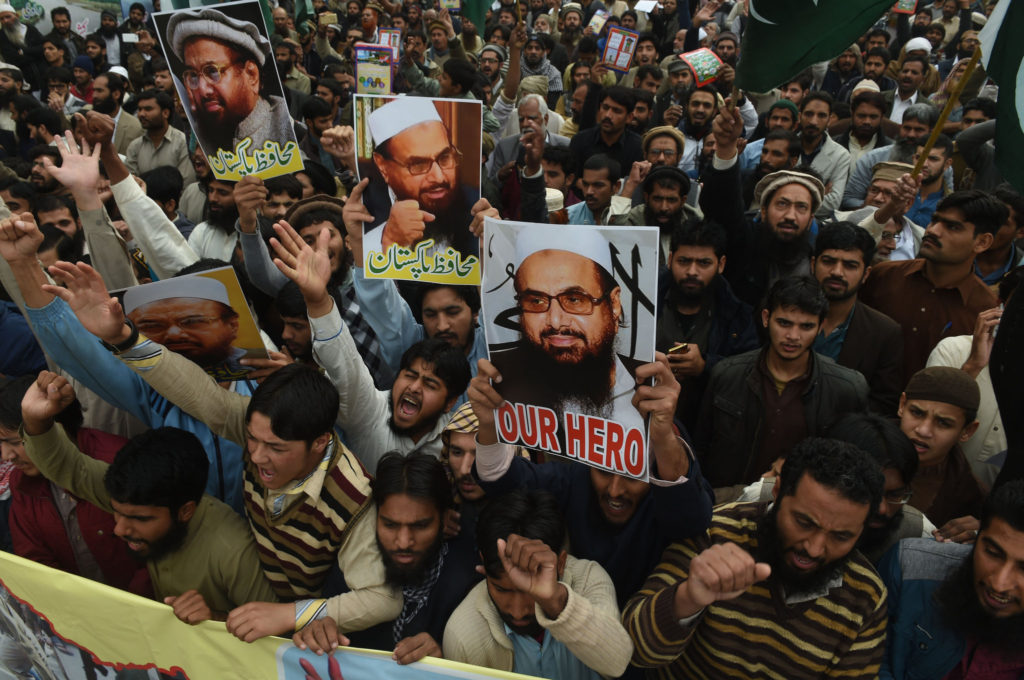


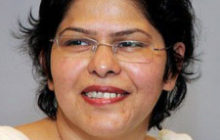








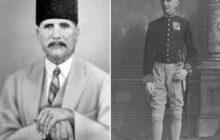




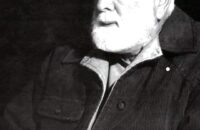

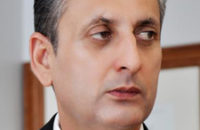


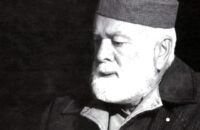
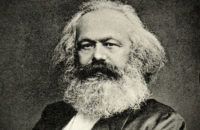
One Comment